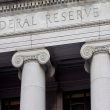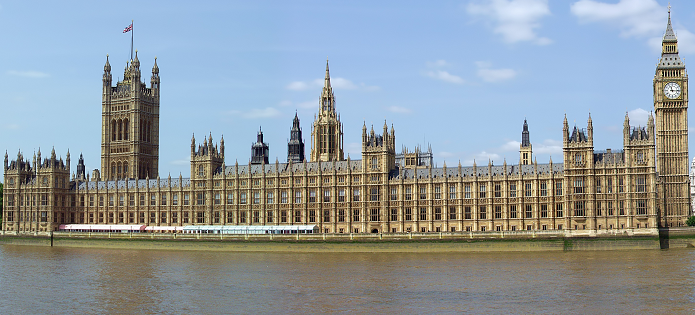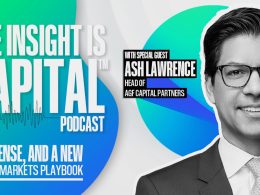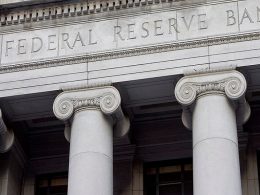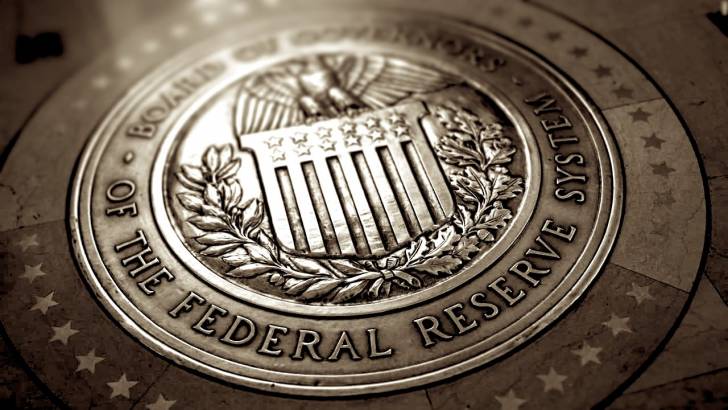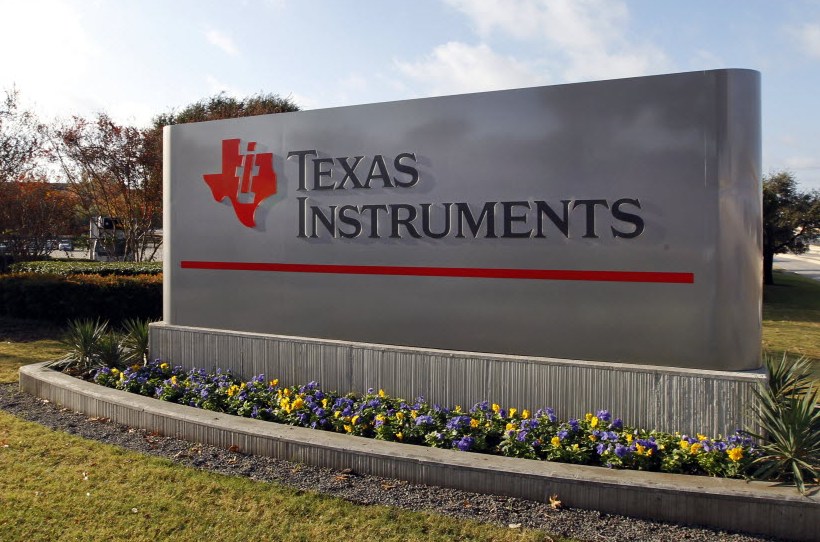by Greg Valliere, AGF Management Ltd.
IT’S DIFFICULT ENOUGH to defeat Donald Trump with an unemployment rate of 3.5%, but the Democrats face an even greater economic challenge — many of the party’s presidential candidates seem to be competing to see who can propose the most radical tax hikes. Trump must be licking his chops.
WE SPENT MOST OF YESTERDAY on a long plane flight, looking at the candidates’ tax plans. They range from some moderate hikes — but hikes nonetheless — from Joe Biden and Pete Buttigieg, to massive, confiscatory tax hikes from Elizabeth Warren and Bernie Sanders. A few points stand out:
1. None of the enormously expensive new spending proposals — Medicare for all, the Green New Deal, tuition relief, etc. — can possibly be paid for. There are dozens of new spending proposals, costing many trillions of dollars; higher taxes on “the rich” and corporations will not pay for everything. Many Democrats, in private, simply say that Trump didn’t pay for his spending and tax hikes; why should they?
2. Many of the huge new taxes proposed by the Democrats strike us as not seeking deficit reduction (that idea is terribly passe in both parties). Rather, higher taxes are a goal of those who seek income equality, mainly by targeting “the rich” and corporations.
3. All the Democrats want to reverse the Trump tax rates. The ideas range from Biden’s proposal to simply restore the top rate from 37% now back to 39.6%, to Sanders’ plan to impose a 70% top rate on the very rich. Most of the candidates would raise rates steeply; Warren, for example, would hike the top rate from 35% to 44% for families making between $250,000 and $500,000 per year (that’s the middle class in New York). And Warren would impose a 14.8% net investment income tax.
4. A wealth tax: Warren and Sanders are competing to see who can tax the very wealthy the most. Warren would impose a wealth tax of 2% on income of $50 million. Sanders’ plan seems more radical, going up to an 8% wealth tax on billionaires. And he would establish an Orwellian-sounding “National Wealth Registry” to enforce the tax.
5. All of the candidates — including Biden — would raise the top corporate rate, which was lowered to 21% from 35% (a major factor in propelling the stock market to record highs, in our opinion). At the low end are Amy Klobuchar and Biden, who would raise the rate to 25%, but many of the candidates would return to 35% while slashing deductions.
6. Both Sanders and Warren — who are 1-2 in latest New Hampshire polls — would impose a steep transaction tax on Wall Street; Sanders proposes a 0.5% tax on all stock trades. Most of the other candidates would hike Wall Street taxes and oversight.
7. Virtually all of the Democrats would propose a capital gains tax rate hike; even Biden would raise the capital gains rate and abolish the step-up basis.
8. Other taxes: Andrew Yang would dust off the national debate over a VAT tax; he would impose one to pay for his plan to give every adult American $1,000 per month. Other candidates have hinted at a carbon tax, but that’s politically risky, as Emmanuel Macron discovered. Another risky one embraced by many Democrats would lift the cap on Social Security and Medicare taxes, which would rise — with no upside income limits.
BOTTOM LINE: Most of these tax hikes — and many others not cited in this brief overview — would get watered down in the next couple of years, once candidates stop pandering to activists in Iowa. And if the Republicans retain control of the Senate, there would be a firewall blocking all of these proposals.
BUT THE SHEER MAGNITUDE OF THESE TAX CUTS will begin to define the Democrats; don’t they remember what happened to Walter Mondale, who got crushed in 1984 after calling for tax hikes? There’s a case to be made that wealthy individuals and corporations aren’t paying their fair share, but there’s a lust on the left for aggressive tax hikes everywhere you look. What a foil for Donald Trump to run against.
The views expressed in this blog are those of the author and do not necessarily represent the opinions of AGF, its subsidiaries or any of its affiliated companies, funds or investment strategies.
The views expressed in this blog are provided as a general source of information based on information available as of the date of publication and should not be considered as personal investment advice or an offer or solicitation to buy and/or sell securities. Speculation or stated believes about future events, such as market or economic conditions, company or security performance, or other projections represent the beliefs of the author and do not necessarily represent the view of AGF, its subsidiaries or any of its affiliated companies, funds or investment strategies. Every effort has been made to ensure accuracy in these commentaries at the time of publication; however, accuracy cannot be guaranteed. Market conditions may change and AGF accepts no responsibility for individual investment decisions arising from the use of or reliance on the information contained herein. Any financial projections are based on the opinions of the author and should not be considered as a forecast. The forward looking statements and opinions may be affected by changing economic circumstances and are subject to a number of uncertainties that may cause actual results to differ materially from those contemplated in the forward looking statements. The information contained in this commentary is designed to provide you with general information related to the political and economic environment in the United States. It is not intended to be comprehensive investment advice applicable to the circumstances of the individual.
AGF Investments is a group of wholly owned subsidiaries of AGF Management Limited, a Canadian reporting issuer. The subsidiaries included in AGF Investments are AGF Investments Inc. (AGFI), Highstreet Asset Management Inc. (Highstreet), AGF Investments America Inc. (AGFA), AGF Asset Management (Asia) Limited (AGF AM Asia) and AGF International Advisors Company Limited (AGFIA). AGFA is a registered advisor in the U.S. AGFI and Highstreet are registered as portfolio managers across Canadian securities commissions. AGFIA is regulated by the Central Bank of Ireland and registered with the Australian Securities & Investments Commission. AGF AM Asia is registered as a portfolio manager in Singapore. The subsidiaries that form AGF Investments manage a variety of mandates comprised of equity, fixed income and balanced assets.
About AGF Management Limited
Founded in 1957, AGF Management Limited (AGF) is an independent and globally diverse asset management firm. AGF brings a disciplined approach to delivering excellence in investment management through its fundamental, quantitative, alternative and high-net-worth businesses focused on providing an exceptional client experience. AGF’s suite of investment solutions extends globally to a wide range of clients, from financial advisors and individual investors to institutional investors including pension plans, corporate plans, sovereign wealth funds and endowments and foundations.
For further information, please visit AGF.com.
© 2019 AGF Management Limited. All rights reserved.
This post was first published at the AGF Perspectives Blog.



